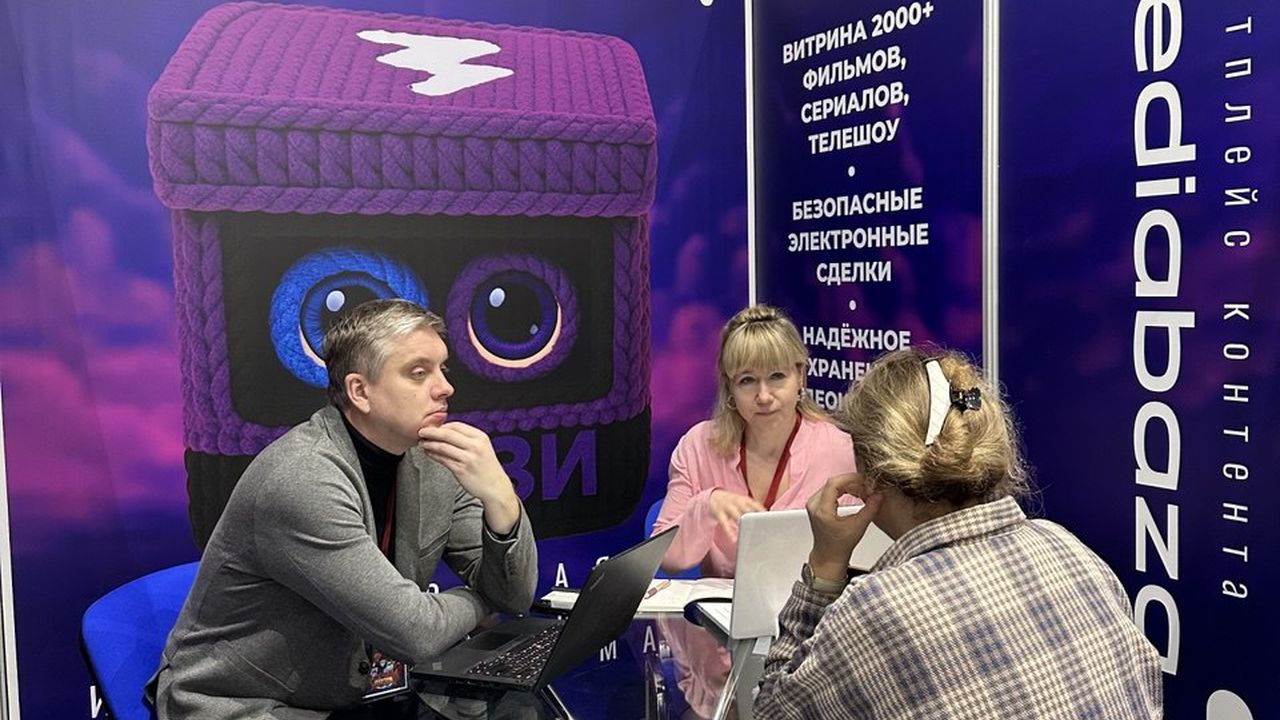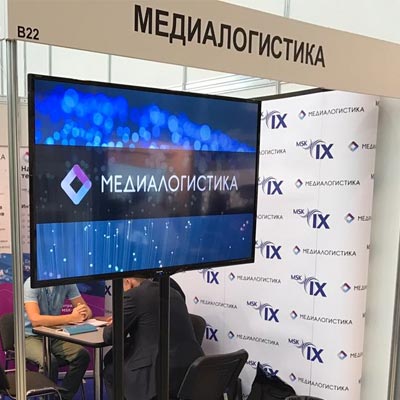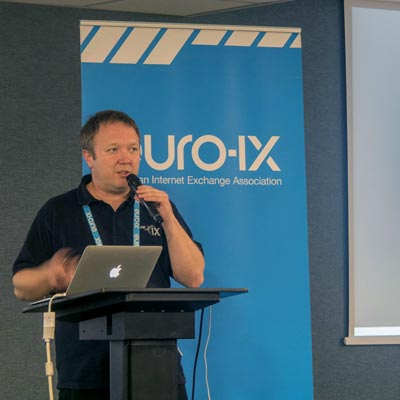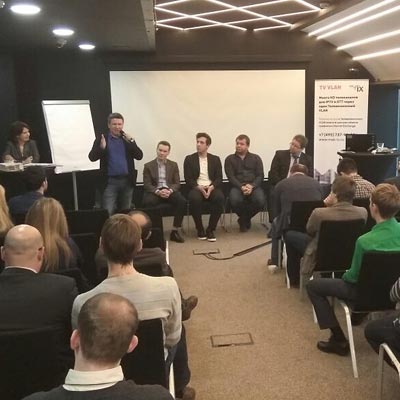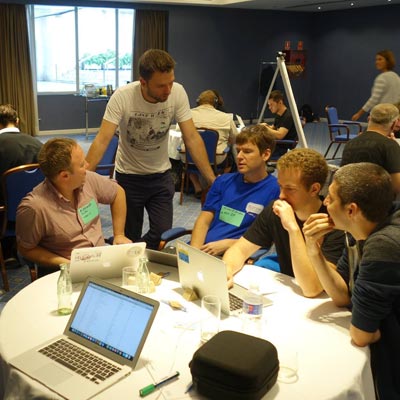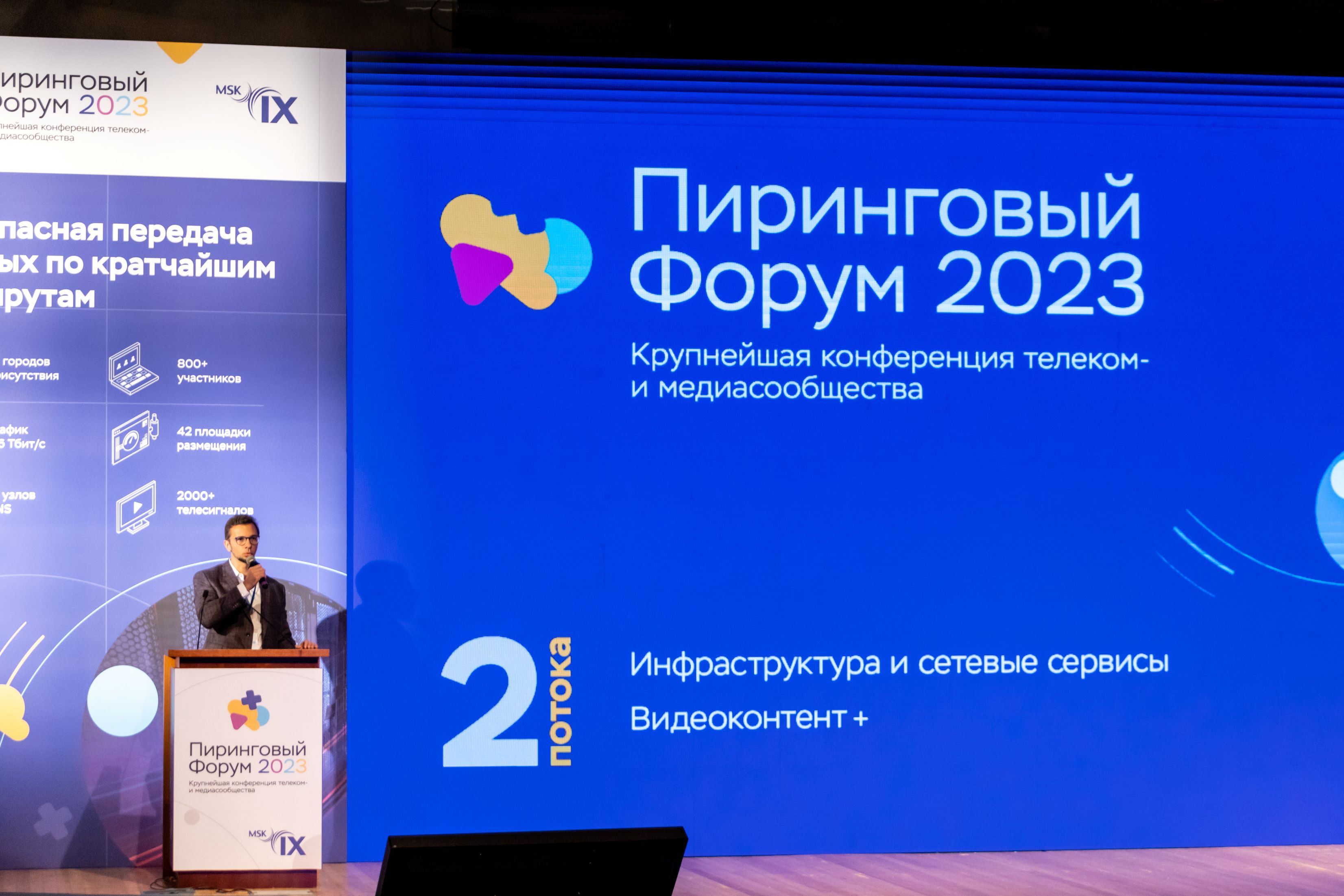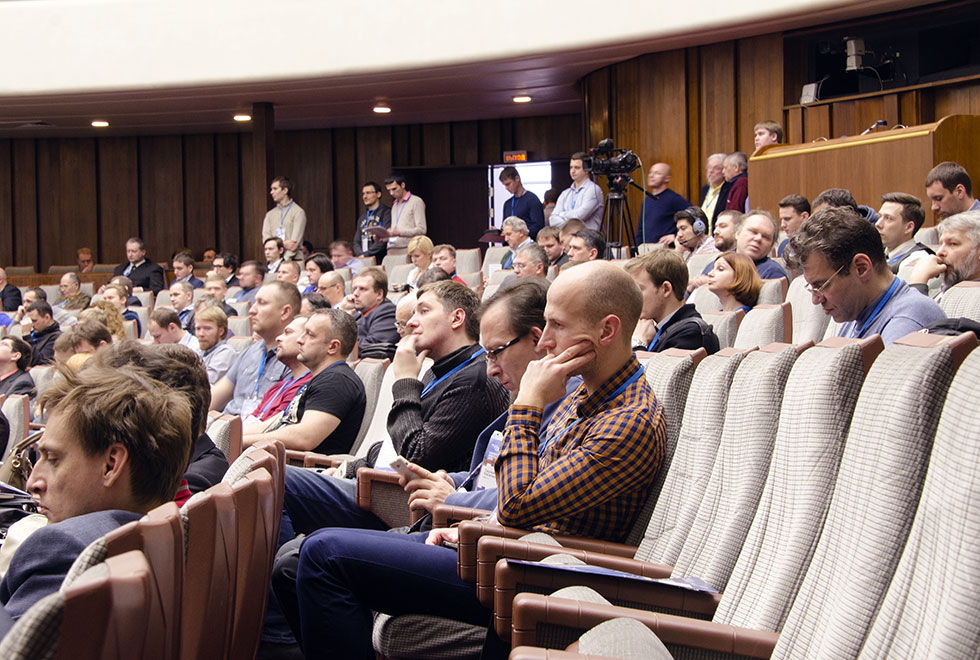MSK-IX invites TransNet 2016 conference delegates to join hands
On the second day, MSK-IX Commercial Director Yevgeny Morozov addressed conference delegates at a workshop dealing with incentives to boost the efficiency of principle data routes operators. He discussed the successes of the MSK-IX partnership program and invited delegates to cooperate with the company. In his report, he also touched on peering with MSK-IX participants through connections in St. Petersburg. "Moscow and St. Petersburg are currently the largest Russian cities in terms of traffic volumes. Our company has been offering the special MIX service to its participants for over a year; this option allows customers to connect to single-port Moscow and St. Petersburg exchange points," Morozov noted.
In 2016, MSK-IX sponsored a roundtable discussion whose participants tried to find out whether growing content consumption would help boost the efficiency of principle data routes operators. Internet Support Foundation Director Mikhail Medrish moderated the event. The participants assessed the influence of Russian legislative initiatives to combat illegal content distribution via principle data routes, network neutrality on trunk transmission lines, the regulation of Internet exchange points and many other issues.
"Russia currently lacks high quality European-type telehouses. This situation can be explained by the absence of economic prerequisites. It's hard to recoup high quality data centers by installing operator equipment alone," Morozov noted. He believes that a telehouse should have the same specifications as an exchange point – neutrality, reliability, affordability and accessibility. This is the only way to set up a real telehouse that will not depend on any communications network operator.
Participants in the roundtable discussion also noted that DDoS (Distributed Denial of Service) attacks had now become a major IT security risk. These extremely cheap and highly effective attacks may cost as little as $50 and spell major problems for unsuspecting users, delegates noted. Therefore it is necessary to be much more tough in fighting the organizers of these attacks and to search for new effective methods to deflect them.
